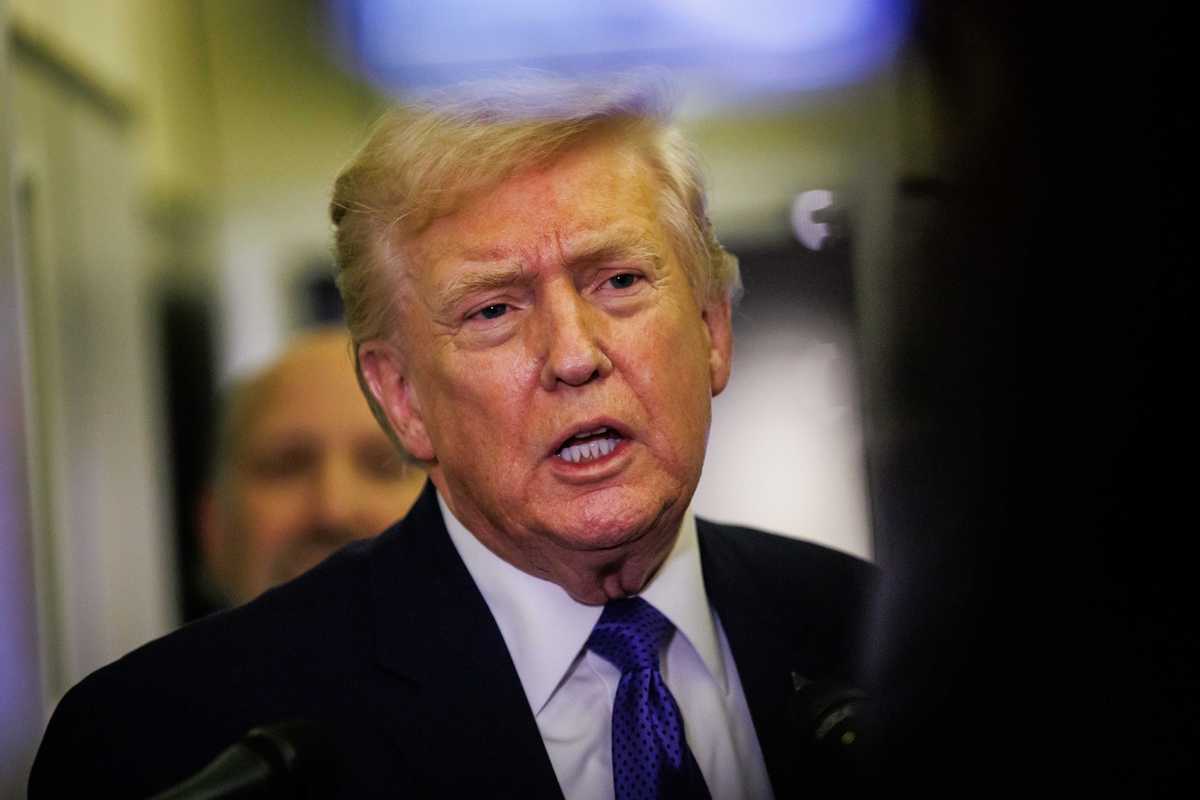Science & Tech
Alex Daniel
Oct 24, 2023
Why we fear AI, from a PhD in philosophy of artificial intelligence
Straight Arrow News / VideoElephant
Two “godfathers” of artificial intelligence have warned the technology could threaten social stability – and that companies developing it should be held liable.
Geoffrey Hinton and Yoshua Bengio, two of the most significant figures in the technology’s history, co-authored a document warning that humans should look to make it safer before it becomes more advanced.
The proposal was also signed by 21 other experts, including scientists, academics and authors.
“It’s time to get serious about advanced AI systems,” said Stuart Russell, professor of computer science at the University of California, Berkeley.
“These are not toys. Increasing their capabilities before we understand how to make them safe is utterly reckless.
“There are more regulations on sandwich shops than there are on AI companies.”
The document said governments should force companies to devote one-third of their funding to making AI systems safe and ethical.
It also suggested letting independent experts into private AI labs, establishing a licensing system for companies building cutting edge models, and making tech firms directly liable for any harms they create through the developments.
The letter comes as politicians, tech firms and others gather for a week-long summit on AI safety at Bletchley Park, the country estate near Milton Keynes that was the centre of British code-breaking during the Second World War.
The location featured heavily in the film The Imitation Game, which told the story of Alan Turing, the codebreaker and developer of one of the world’s first computers.
Bengio and Hinton won the ACM Turing award – the equivalent of the Nobel prize for computer scientists – for their work on AI back in 2018.
Hinton resigned from Google earlier this year to warn about the “existential risk” posed by the technology. Bengio is a professor of computer science at the University of Montreal.
Other signatories include Yuval Noah Harari, the bestselling author of Sapiens, Daniel Kahneman, a Nobel laureate in economics, and Sheila McIlraith, a professor in AI at the University of Toronto.
The letter warned that AI could “amplify social injustice, undermine our professions, erode social stability, enable large-scale criminal or terrorist activities and weaken our shared understanding of reality that is foundational to society” if not used safely.
“If we build highly advanced autonomous AI, we risk creating systems that autonomously pursue undesirable goals,” it said. “We may not be able to keep them in check.”
How to join the indy100's free WhatsApp channel
Sign up to our free Indy100 weekly newsletter
Have your say in our news democracy. Click the upvote icon at the top of the page to help raise this article through the indy100 rankings.
Top 100
The Conversation (0)














